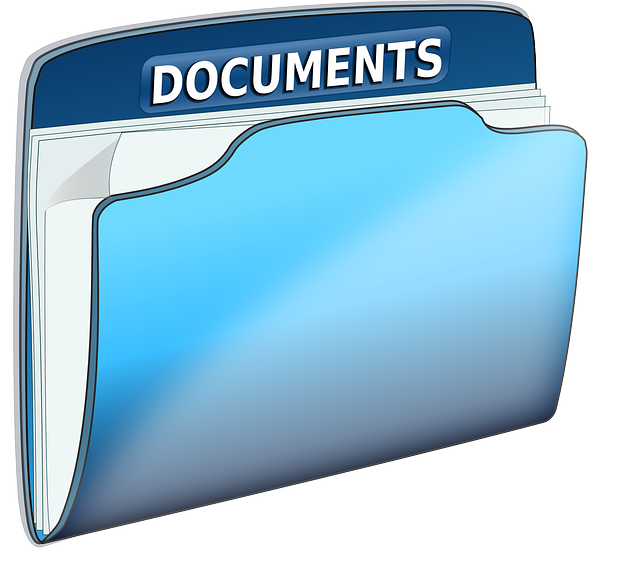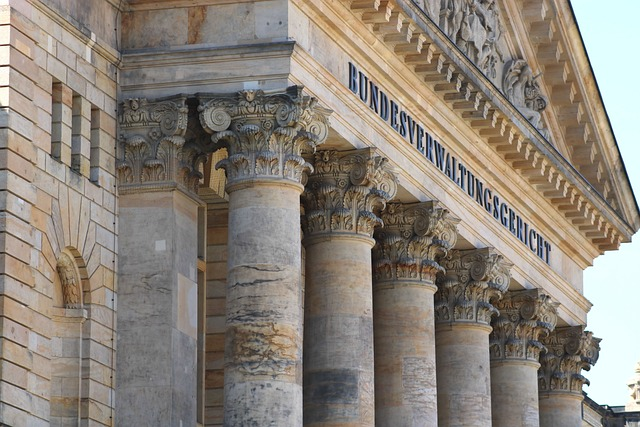What are Probate Records?

When a person dies, the family must think about what to do with their estate. In many cases, they will need to go through probate to pay off the debts of the decedent and to disperse any remaining assets to the heirs. Probate records will be an important part of this process. They are so critical that you should know where they are located, and which documents will need to be included in probate as part of probate records.
What are Probate Records?
Probate records are records provided to the probate court after a person dies that relate to how their estate is to be distributed to their beneficiaries, how creditors are to be paid, and how any minor children are to be cared for. The probate record is necessary whether there was a will or not. If there is no will, the estate is said to be intestate.
The court will open a file for the deceased that includes the date of their death, surviving family members and spouse, along with any surviving children. It will also include the value of any assets owned by the deceased person.
Even if the estate was small enough to be handled by small estate administration to avoid probate, records regarding the estate will still be maintained with the probate court in the probate files.
Where are Probate Records Kept?

Probate records are generally kept in the courthouse in the county where the decedent lived. Sometimes, there may be records in another county or state where the decedent owned property. These records are usually filed with the probate court or family court. Some counties have a separate court for probate while other counties include probate in family or circuit court.
How Can You Access Probate Records?
Probate matters are public and available for anyone to review. Many courts have started putting their records online, making it easier for people searching for information. Even if the actual documents aren’t online, you may be able to see a list of documents in the probate record books.
To access the probate file, you can ask the court clerk to print them off or visit the courthouse to view them. You may have to pay for any pages you have printed or even just to view the documents.
The will isn’t made public until probate has been completed. During that time, only the executor of the estate and the named beneficiaries can have access to the will.
What Information is Kept in Probate Records?
You can find out a great deal about the probate process for a specific estate in the public records. Even older records contain much valuable information about the estate. Many genealogists use probate records to find out more about the person they are searching for. These records include documents presented to the court by the executor or administrator of the estate.
The records will include the date the person died and the names of all the heirs. It may include family members even if they aren’t listed as beneficiaries as well as any guardians. The file may include information about the decedent’s residences as well as the name of the executor and witnesses. It may include an inventory of the estate, which is provided by the executor as part of their duties for the estate.
What is the Probate Process?
To understand what information you might find in probate files, it’s helpful to have an idea of what probate is all about. This is a legal process where the court oversees the distribution of the estate according to the will. If no will exists, the estate will be dispersed according to the probate laws of the estate.
The probate court is responsible for validating the will and ensuring its instructions are followed. Probate courts also have the task of settling any disputes about the will. Sometimes, family members will dispute a will, saying the person wasn’t of sound mind. They may present a newer will, which the court will have to determine if it supersedes the will on file.
HOW THE ADMINISTRATOR OF THE ESTATE IS DETERMINED
The executor is either appointed by the probate court or approved if they were named in the will. Probate courts provide documents called Letters Testamentary that give authority to the executor to manage the estate and make decisions on its behalf. Even though probate court appoints an administrator, they will still oversee and approve the proceedings based on probate court jurisdiction for that county.
The Executor’s Role
The executor, personal representative, or administrator of the estate manages the assets of the estate. They take inventory of all the decedent’s assets, securing them and maintaining them until distribution. They may request an appraisal for any large value items, which is presented to the probate court and placed in the file. This process can take weeks to several months, depending on how large the estate is and how complex the assets.
Notifying Beneficiaries and Creditors
Another job of the administrator is to notify the heirs and creditors. They may be required to publish notice of the probate proceedings in a local newspaper, depending on the rules of the state where the decedent lived. The creditors are given a time limit to file claims against the estate for any unpaid debts.
Paying Debts
As creditors make claims against the estate, the administrator pays the debts. They also file taxes for the estate and pays any taxes owed. The executor may need to sell some assets to either pay debts or to distribute the funds to the heirs. If the will stipulated that an asset be given to an heir, the executor must transfer the title. These tasks can take several months to complete, especially if the executor must sell real property or a business that the decedent owned or co-owned.
Distributing Assets
Once everything else is completed, the executor will distribute the remaining assets to the beneficiaries. They will present an accounting record to the court of where all the assets went, including any expenses they incurred while performing their duties.
Closing Probate
When probate court accepts the accounting record and petition to close probate, they will close out the file. It is at this time that the will and other records are made public as part of probate.
How to Find Probate Records
If you want information about a will or a probated estate, you can check with the county probate court where the decedent lived. If the estate is currently in probate, the best way to get information is through the probate attorney.
